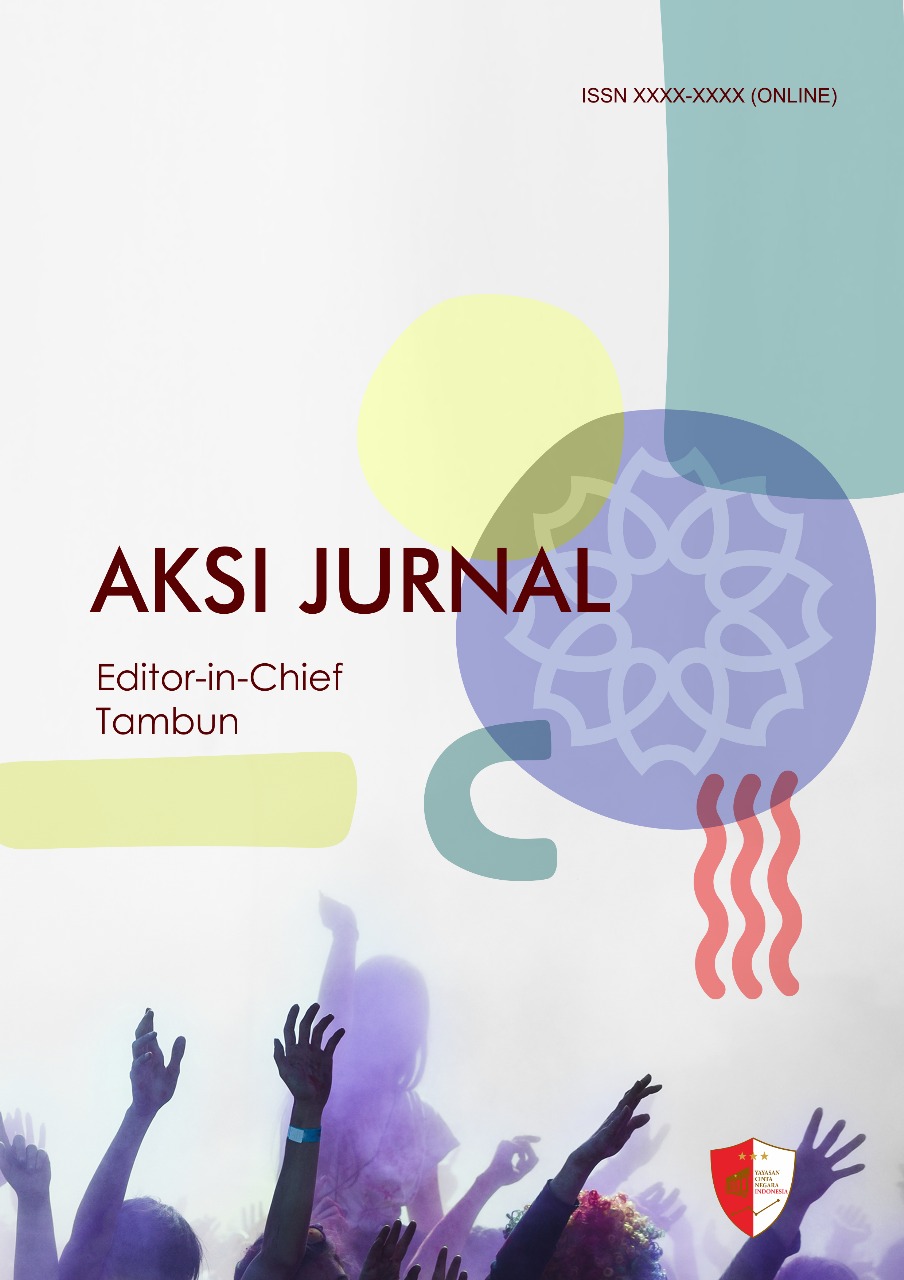Application of Information Technology Research Results in Digital Literacy Training for Rural Communities
Keywords:
Community Development, Digital Inclusion, Digital Literacy, Information Technology, Training ProgramsAbstract
The rapid advancement of information technology has created both opportunities and challenges for rural communities, particularly in the area of digital literacy. This study explores the application of information technology research results in the development and implementation of digital literacy training programs for rural populations. By leveraging recent research findings, the training programs were designed to address the specific needs, limitations, and contexts of rural communities. The study employed a mixed-methods approach, combining quantitative assessments of participants' digital competencies before and after the training with qualitative interviews to capture their experiences and perceptions. The results demonstrate significant improvements in participants’ ability to access, evaluate, and utilize digital information for personal, educational, and economic purposes. The study highlights the importance of contextualizing digital literacy training based on empirical research, ensuring the inclusion of culturally relevant content, accessible technology, and sustainable support mechanisms. These findings contribute to the growing body of knowledge on bridging the digital divide and promoting digital inclusion in underserved areas





